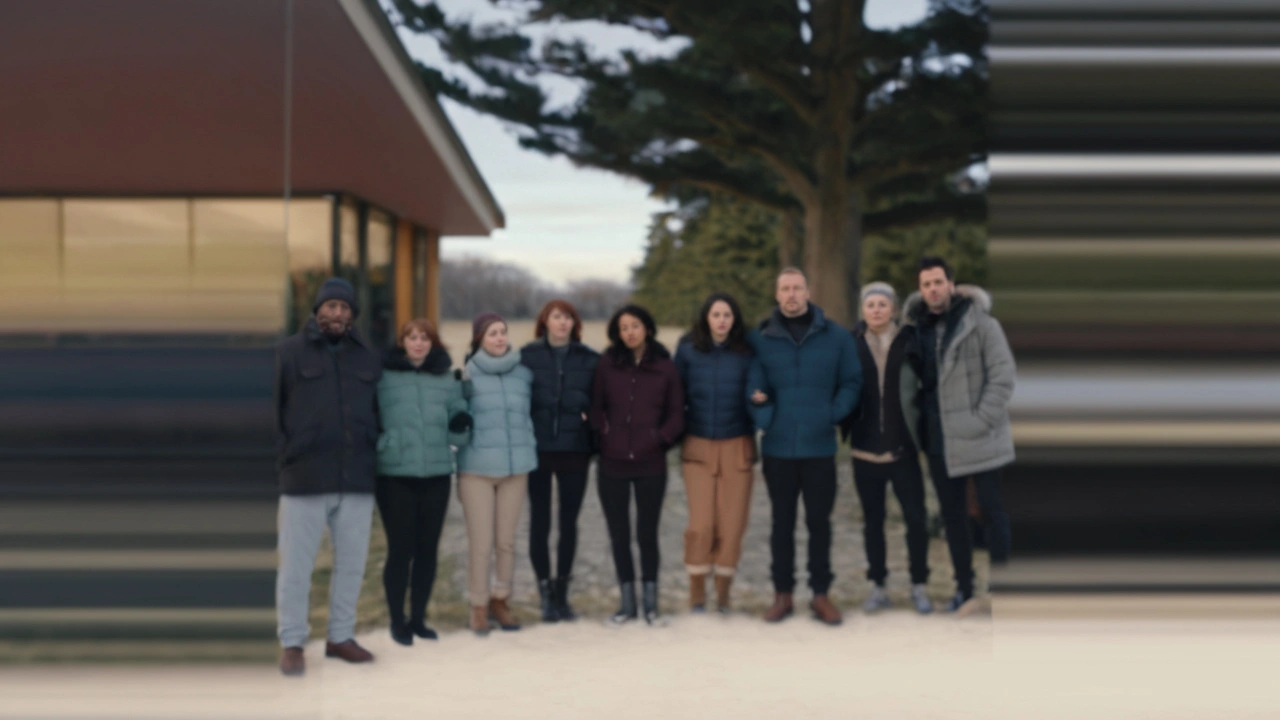Aquaculture: A Simple Guide to Modern Fish Farming
If you’ve ever wondered where most of the fish on your plate comes from, aquaculture is probably the answer. Simply put, aquaculture is the farming of fish, shellfish, and aquatic plants. It’s a booming field that helps meet the world’s growing seafood demand without overfishing natural waters.
Unlike traditional fishing, aquaculture involves raising fish in controlled environments. This can be anything from small ponds to large ocean cages. The main goal is to grow healthy fish efficiently and sustainably. It’s a smarter way to feed millions while protecting wild fish populations.
How Does Aquaculture Work?
The process usually starts with selecting the right species, depending on climate and market needs. Popular aquaculture species include salmon, tilapia, shrimp, and catfish. Farmers raise these species by providing suitable water conditions, feed, and protection from disease. Monitoring water quality and fish health is key to success.
Aquaculture uses different takes, such as freshwater ponds, recirculating systems, and offshore cages. Recirculating aquaculture systems (RAS) are gaining popularity because they recycle water, reduce waste, and allow year-round production indoors.
Why Is Aquaculture Important?
Many people don’t realize that wild fish stocks are struggling. Overfishing and environmental changes put wild seafood at risk. Aquaculture helps by taking the pressure off natural fisheries. It provides a reliable source of protein, supports local economies, and reduces the carbon footprint compared to meat farming.
As more people look for sustainable food options, aquaculture offers hope. It can supply healthy omega-3 rich fish at affordable prices. Plus, innovations continue to improve its environmental impact, making it greener every year.
So next time you enjoy a fish meal, think about aquaculture. It’s a growing industry that plays a huge role in feeding our world while protecting our oceans.
Sustainable Blue Economy: Aquaculture and Science Unite for Ocean Preservation
UNESCO held a significant event on July 24, 2024, focusing on the sustainable blue economy. It united experts to discuss strategies for dealing with environmental shifts in Chile's coastal systems. This collaboration aimed to merge aquaculture with scientific advancements, prioritizing sustainability and equity. The initiative aligns with UNESCO's mission to promote peace, security, and sustainable development.

